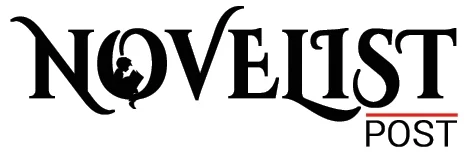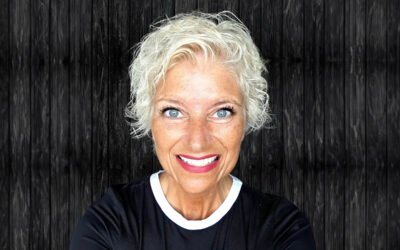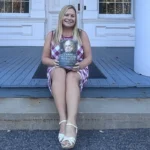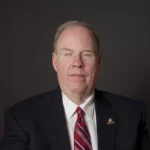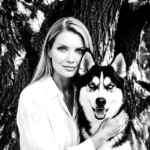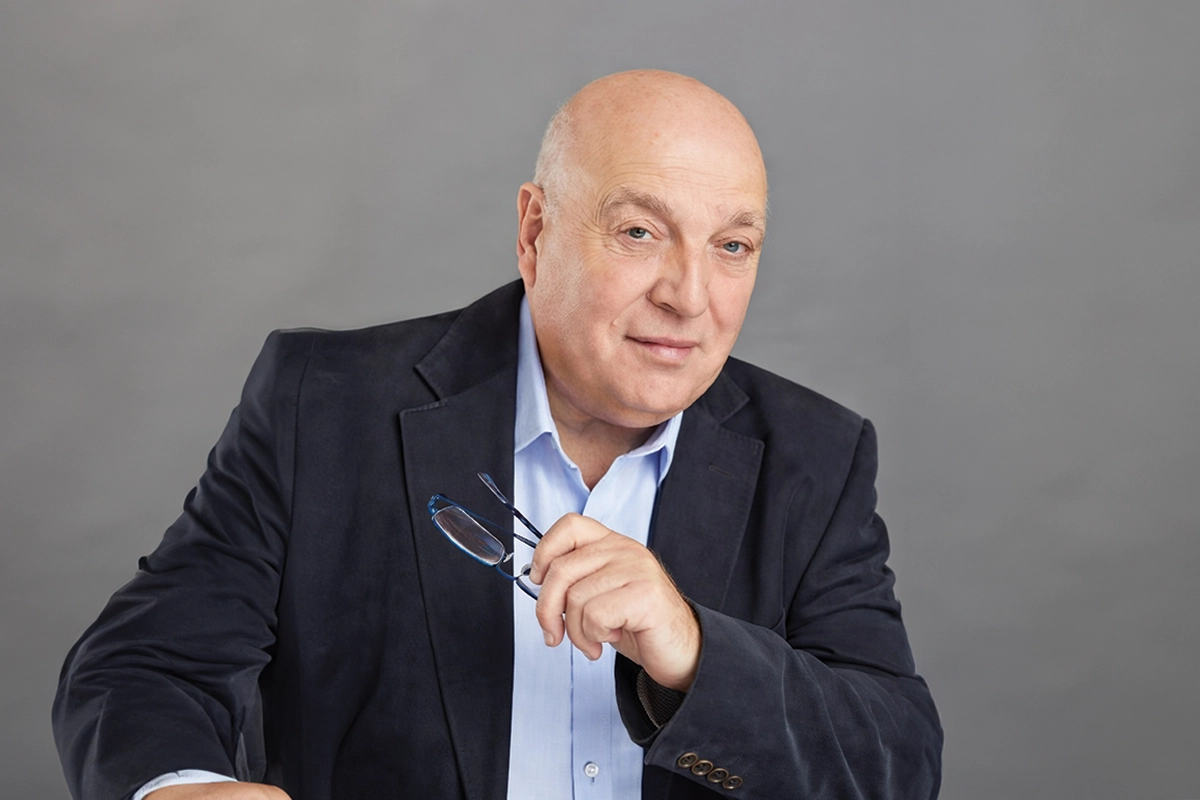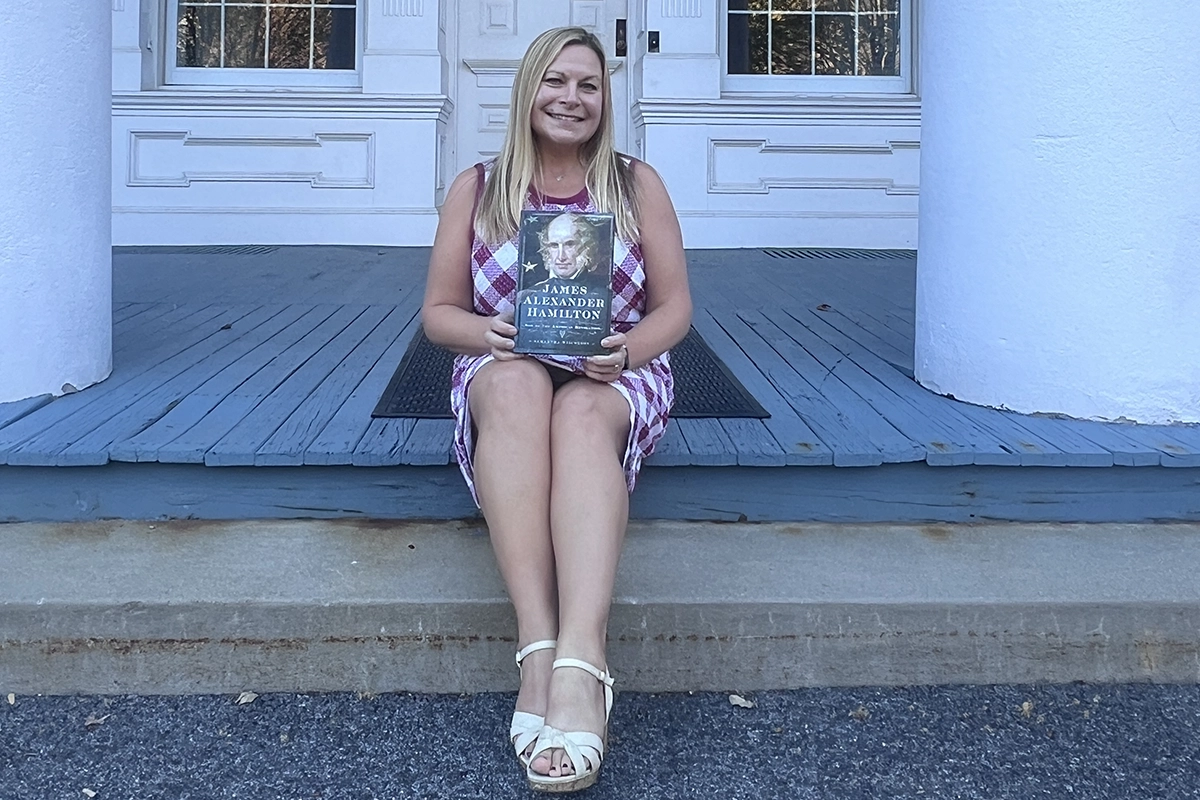David C. Hoke Shares the Vision, Grit, and Passion Behind His Creative Journey

PHOTO: Author David C. Hoke, a bold creative force driven by passion, storytelling, and the relentless pursuit of artistic freedom.
From Indie Filmmaker to Novelist, A Storyteller Unleashes His Full Imagination
David C. Hoke discusses his transition from filmmaking to novel writing, the creative process behind his characters, challenges faced, marketing insights, and his unwavering dedication to authentic storytelling.
David C. Hoke doesn’t just tell stories—he builds entire worlds. A lifelong creator whose imagination first took shape through childhood sketches and backyard reenactments, Hoke has evolved into a master storyteller across multiple mediums. From directing indie films to authoring high-octane novels, his creative journey is marked by bold choices and relentless passion. Whether he’s crafting battle-heavy screenplays or diving deep into the minds of unforgettable characters like Jacob Roy and Mirov, his work is infused with cinematic intensity, emotional depth, and unapologetic authenticity.
Hoke’s novels pulse with the same energy that powered his indie film projects, but with the added intimacy that only the written word can offer. His background in screenwriting sharpens his prose, delivering vivid action and crisp dialogue, while his storytelling instincts ensure that every twist, every character arc, serves a greater narrative purpose. More than just a writer, David C. Hoke is a visionary, unafraid to chase big ideas on his own terms—whether on set, on the page, or in the quiet hours of the night when creativity takes over.
In this candid interview, Hoke opens up about his transition from filmmaking to fiction, the creative process behind his compelling characters, and the lessons he’s learned along the way. His insights are a gift to aspiring authors, fellow artists, and anyone who believes in the power of storytelling to move, inspire, and endure.
A fearless and visionary storyteller, David C. Hoke blends cinematic craft with literary depth to create stories that captivate and endure.
What inspired you to transition from filmmaking to novel writing?
I was inspired to pursue novel writing over filmmaking primarily for practical reasons. I was in the micro-budget world of indie filmmaking. Our films had minimal budgets. Unfortunately, the movies in my head were mass-budget, special effects-heavy films. “Mirov” would easily require the budget of a Star Wars or Marvel movie.
It seemed the smarter choice would be to create “Mirov” in a medium that didn’t require a big budget. Thus, a novel.
Creatively, the control over your vision with novels is priceless. I wanted to paint the most accurate version of what I saw, with the only real expense being the time it took to write the books.
How does your background in screenwriting influence your approach to storytelling in novels?
It’s been a blessing and a curse to my novels. Screenwriting taught me to convey images and action in a few words. Plus, it teaches you how to write action, fighting, and all that fun stuff so that someone else can see it in their imaginations.
The curse is that screenplays typically come from a god’s eye view of the story in the present tense. I had to learn the importance of tense and perspective. I struggled with that mightily on my first novel. It took three complete drafts just to get to a workable model. Now, it clicks.
I think filmmaking and screenwriting both contributed greatly to my novel writing. I know story craft very well. You don’t introduce your villain in the third act of a film. So, I don’t wait until page 100 to introduce the bad guy.
“The novelist IS the actor.” — David C. Hoke
What challenges did you face when moving from visual storytelling to written narrative?
Aside from the tense mentioned earlier and POV issues, I believe learning a deeper understanding of the characters’ thoughts and feelings was the most challenging. Show Don’t Tell applies to both mediums, and in screenplays, you don’t write long speeches and bore the audience by informing them what the character is thinking. You would know what they’re thinking as the screenwriter, but you allude to it with actions.
It’s the same thing in novel writing, but your job as a novelist is to have a firmer grip on what they’re thinking so you can convey it with the proper Show. No actor is coming to help you work through informing the audience. The novelist IS the actor.
Can you share a bit about your creative process when developing characters like Jacob Roy or Mirov?
Mirov and Jacob Roy, or any of the characters for that matter, start with a desire. What do they want most in life? To have their daughter back with them? To live in peace with their grandchild? After I answer that question, I ask myself how I’d achieve that need or want.
Once you have the answers to those questions, I project onto them someone I visualize as representing them in that role. I don’t necessarily mean what actor would play them. More like, I could see ____ acting in this way. It could be my kids, my wife, myself, a friend, or yes, an actor or a character I am keen on. Usually, it is a combination of several different models.
To be completely transparent, there’s a lot of me in almost every character. Yes, even the bad guys.
How has your experience in marketing shaped the way you promote your books?
It’s helped me with a lot of the basics. My team and I can do the website, the social media, run ad campaigns, etc., but books are not the same as a tradesman looking for the number 1 ranking in their service area. You must find readers of your genre across the globe. Finding those readers took trial and error and a lot of research.
So, in a sense, I could apply marketing basics to many platforms. After that, it was like learning a whole new language.
“With novels, I’m the god of the universe.” — David C. Hoke
What role do you think technology, like virtual voice narration, will play in the future of storytelling?
I hope most of the advancements come in the shape of better tools for the novelist. Better writing software, editing software, marketing, and virtual narration are needed for novelists without voice talent or the budget to do one. I support tech for almost any piece of being a novelist, away from writing.
I think the storytelling must always be human-based. Full stop. I would rather have a human-told story with a thousand grammatical errors than a perfectly composed AI story.
Writers are the architects. Technology should be limited to being the hammers.
Which medium—film, TV, or novels—do you find most creatively fulfilling and why?
Novels have been, by far, the most fulfilling creative endeavor of my life. I’m a selfish artist, and I want things my way. Filmmaking is inherently collaborative. It can be fun and rewarding, but your vision still depends on other people to get it done.
With novels, I’m the god of the universe.
Yes, I have an editor, but I never surrender creative control. They are there to help me maintain the grammar, tense, and correct point of view, and help me see the light on technical mishaps.
But my novels are my vision and mine alone. Call me selfish, but that’s what most artists want if they could just stand to admit it.
What lessons did you learn from the indie film world that you now apply to your writing career?
It’s better to ask for forgiveness than permission.
The biggest lesson I learned was to maximize the tools at your disposal. If you don’t have a big budget, you must make do with what you have.
I don’t need to apply that to the content of the novels since words are free, but it’s been invaluable in marketing, networking, and getting the books into publishing. Just get it done.
“Learn to stop telling yourself no.” — David C. Hoke
How do you balance the demands of creativity, entrepreneurship, and family life?
What balance? Haha! I think that’s the eternal struggle. Everything in your life demands its season.
The only real practical solution I’ve found is to section out your time. I’m a night owl, and the rest of the family goes to bed. I write at night since I’m not “needed” as much then. Business and family have me from morning until around bedtime. Then, I belong to writing.
What advice would you give to aspiring authors who are trying to find their unique storytelling voice?
Just write something. Don’t worry about making it great, let alone good. Don’t worry about rules, format, or structure. Just get it out of your head and onto the page.
Your voice will emerge after multiple drafts as you try to make it presentable for human consumption. And once you can write in proper form without having to think about it, you’ll realize the rules set you free.
Also, if you get a crazy idea, go with it. Learn to stop telling yourself no.
